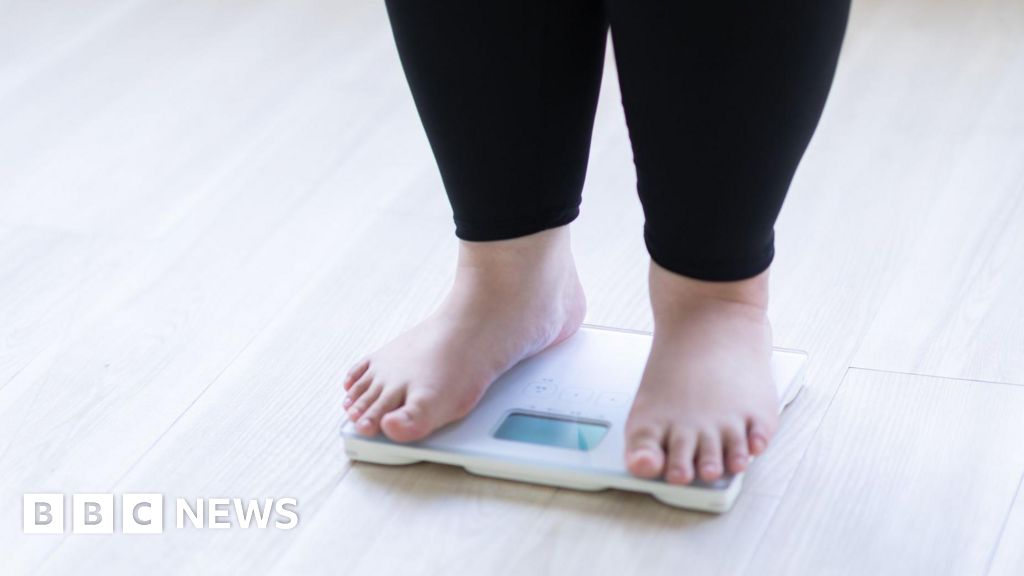Disproportionate Number of Children Referred to Overweight Clinics Come from Disadvantaged Areas
A disproportionate number of children who are referred to NHS overweight clinics in England come from the most disadvantaged areas, and a significant number are neurodiverse or have other health conditions, according to a study. Some have a Body Mass Index (BMI) over 50, viewed as strongly obese at 40.
The Clinics and Their Function
Almost 4,800 under-18s have been referred to the clinics since their establishment in 2021. The clinics offer support and care for other underlying diseases as well as nutritional advice. Specialist excess clinics deal with strongly obese children in England between the ages of 2 and 17, who are identified as needing help from their family doctor or another doctor. The clinics are operated by multidisciplinary teams, including pediatricians, psychologists, and nutritionists.
Demographics and Health Conditions of Referred Children
The new research, which dealt with 32 of the clinics, revealed that over 40% of the children present lived in the most disadvantaged districts. Based on data from more than 3,000 children’s patients, many had other health conditions:
- 24% had autism
- 23% had a learning disability
- 30% had a liver disease
- A significant share had another health complication
Impact of Excess Weight on Children
"Life with excess weight can cause problems that affect every organ system," said a health expert. "We also know that children who live with health problems can have poorer school attendance, which can affect their future employment and life opportunities. The NHS will not just stop by and make children and young people become sick adults."
Treatment and Support
Some of the specialist clinics use digital technology to support weight reduction. For example, children can use "intelligent scales" at home that do not show their weight. The data is connected to a mobile app to display the trend without numbers. Only clinicians can see the data and give feedback to the family.
Effectiveness of Weight Loss Interventions
In another study, researchers said that weight losses could be effective for children. Attempts with the drugs in children from 12 years after one year had shown a loss of 5 to 16% of the body weight. However, it was "difficult to isolate the effect of adding medication into the abundance of treatments already available".
Regulatory Approval of Weight Loss Medication
The pharmaceutical regulatory authority has no weight loss medication for routine use by children in England, although they can be provided by specialists if urgently required clinically.
Understanding Body Mass Index (BMI)
The body mass index (BMI) is often used as a simple way to find out whether a person is a healthy weight for their size. For adults:
- A BMI of 18.5 to 24.9 is considered a healthy weight
- A BMI of 25 to 29.9 is considered overweight
- A BMI over 30 is regarded as obese
However, it is not exact for everyone because it cannot recognize the difference between fat and muscle and does not take into account ethnic background. Your waist size can be a better guide.

